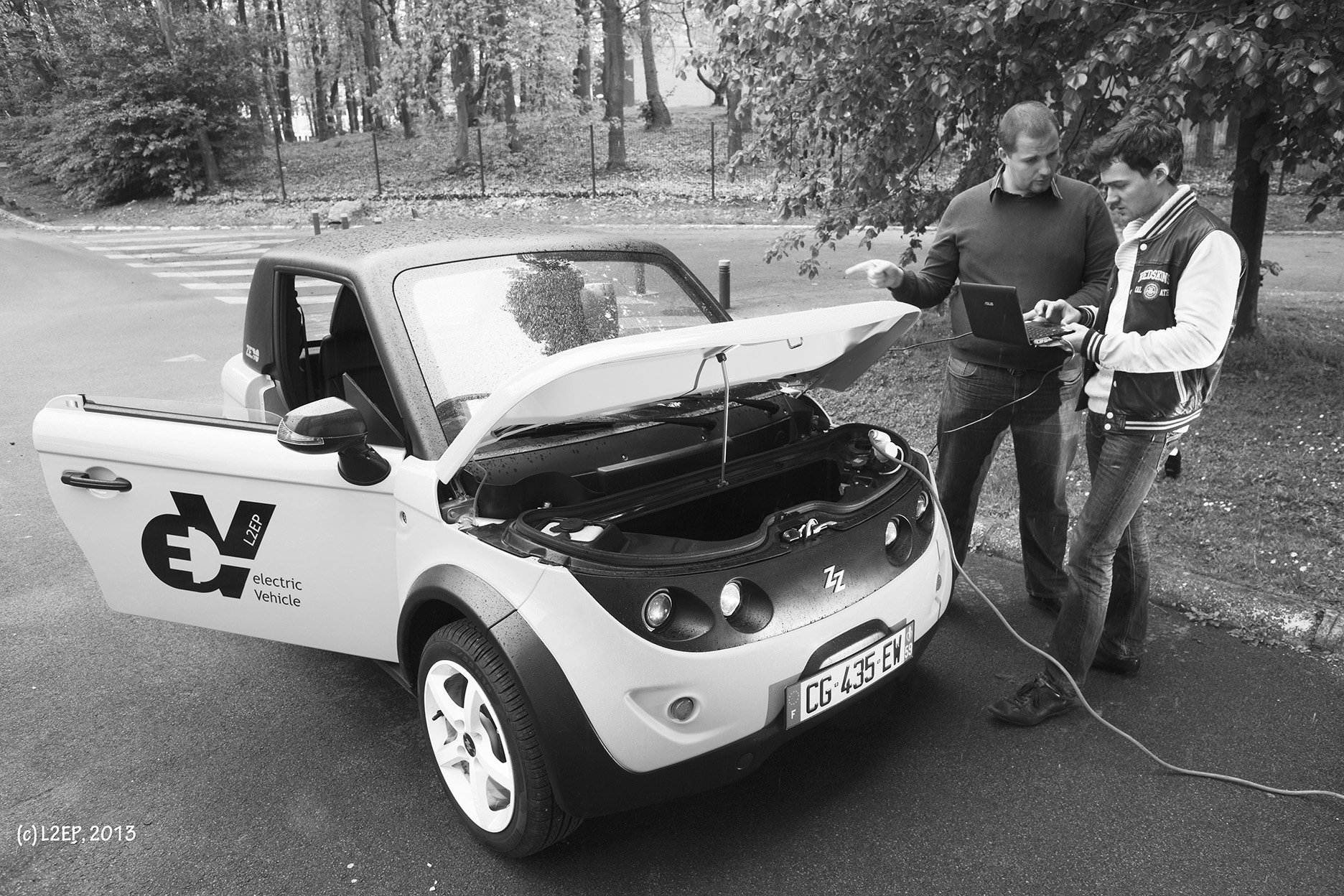Automatic Control & Electrical Systems
(Archive)
We use cookies to help you navigate efficiently and perform certain functions. You will find detailed information about all cookies under each consent category below.
The cookies that are categorized as "Necessary" are stored on your browser as they are essential for enabling the basic functionalities of the site. ...
Necessary cookies are required to enable the basic features of this site, such as providing secure log-in or adjusting your consent preferences. These cookies do not store any personally identifiable data.
Functional cookies help perform certain functionalities like sharing the content of the website on social media platforms, collecting feedback, and other third-party features.
Analytical cookies are used to understand how visitors interact with the website. These cookies help provide information on metrics such as the number of visitors, bounce rate, traffic source, etc.
Performance cookies are used to understand and analyze the key performance indexes of the website which helps in delivering a better user experience for the visitors.
Advertisement cookies are used to provide visitors with customized advertisements based on the pages you visited previously and to analyze the effectiveness of the ad campaigns.

(Archive)
Focusing on the fundamental aspects of control, observation and electrical systems, ACES 2022 will offer top online scientific lectures, seminars and meetings with leading researchers in the fields of automatic control and electrical systems, as well as an introduction to research through a supervised project. The quality of the work undertaken and your scientific potential will be assessed.
Particular emphasis will be laid on hybrid systems, system identification, electric and hybrid vehicles and trains, capable of inventing and developing new breakthroughs and technological developments.
Minor modifications to the programme may occur.
Designed to facilitate your admission to doctoral or postdoctoral programmes in France, the Scientific Research Project will require both personal and teamwork. It will include sessions of tutorials or free discussion with researchers and PhD students from the CRIStAL and L2EP laboratories.
The project will involve the analysis of articles, bibliographical summaries, a presentation of state-of-the-art trends in the chosen research topic, simulations when appropriate and a final project defence in front of the scientific board.